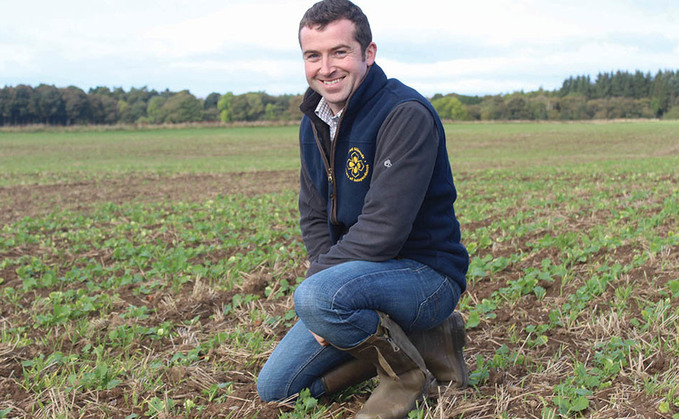
I should have known that our relatively kind January weather could never have lasted, especially when last month I submitted a picture of one of our tractors ploughing in glorious blue-sky conditions....

I should have known that our relatively kind January weather could never have lasted, especially when last month I submitted a picture of one of our tractors ploughing in glorious blue-sky conditions....